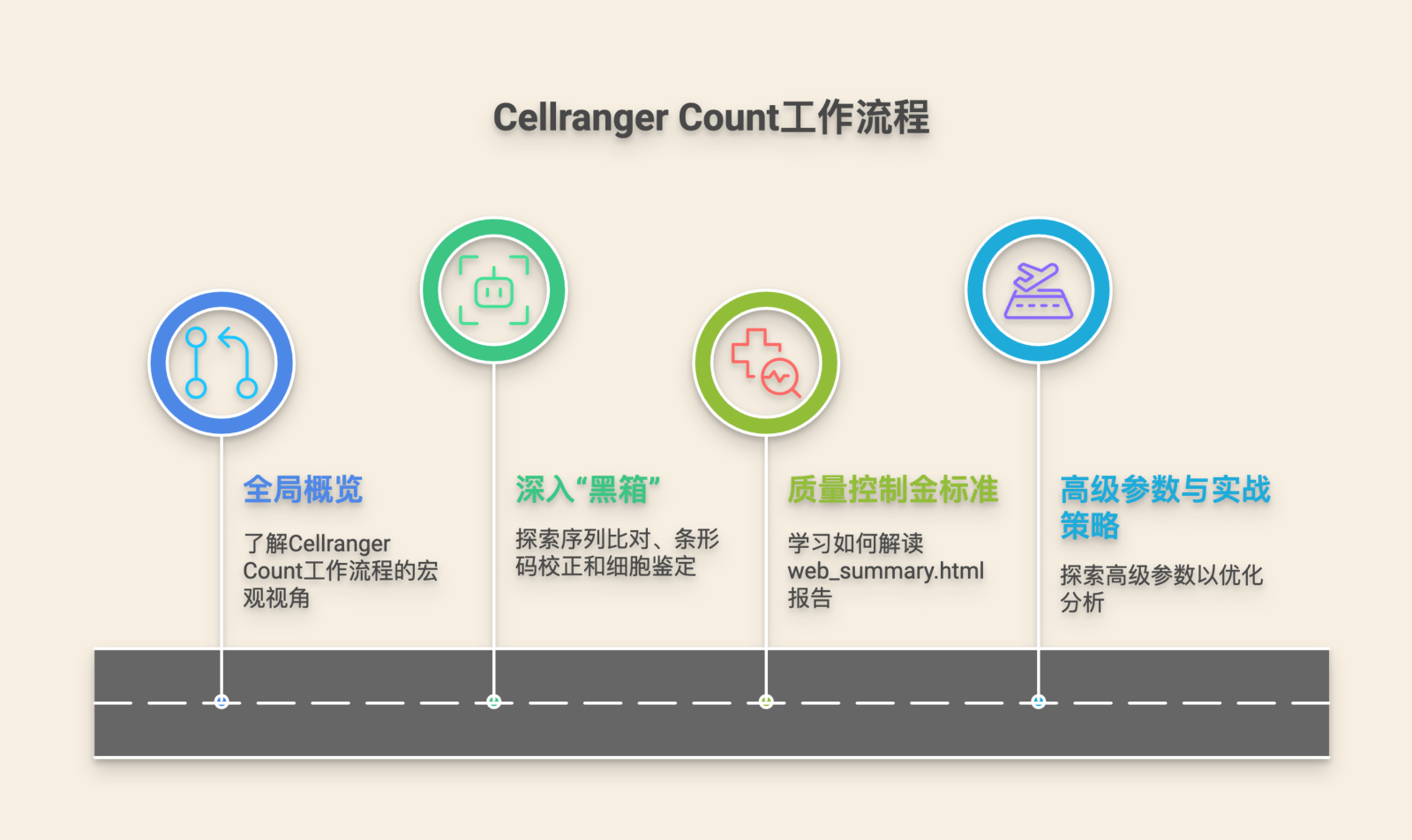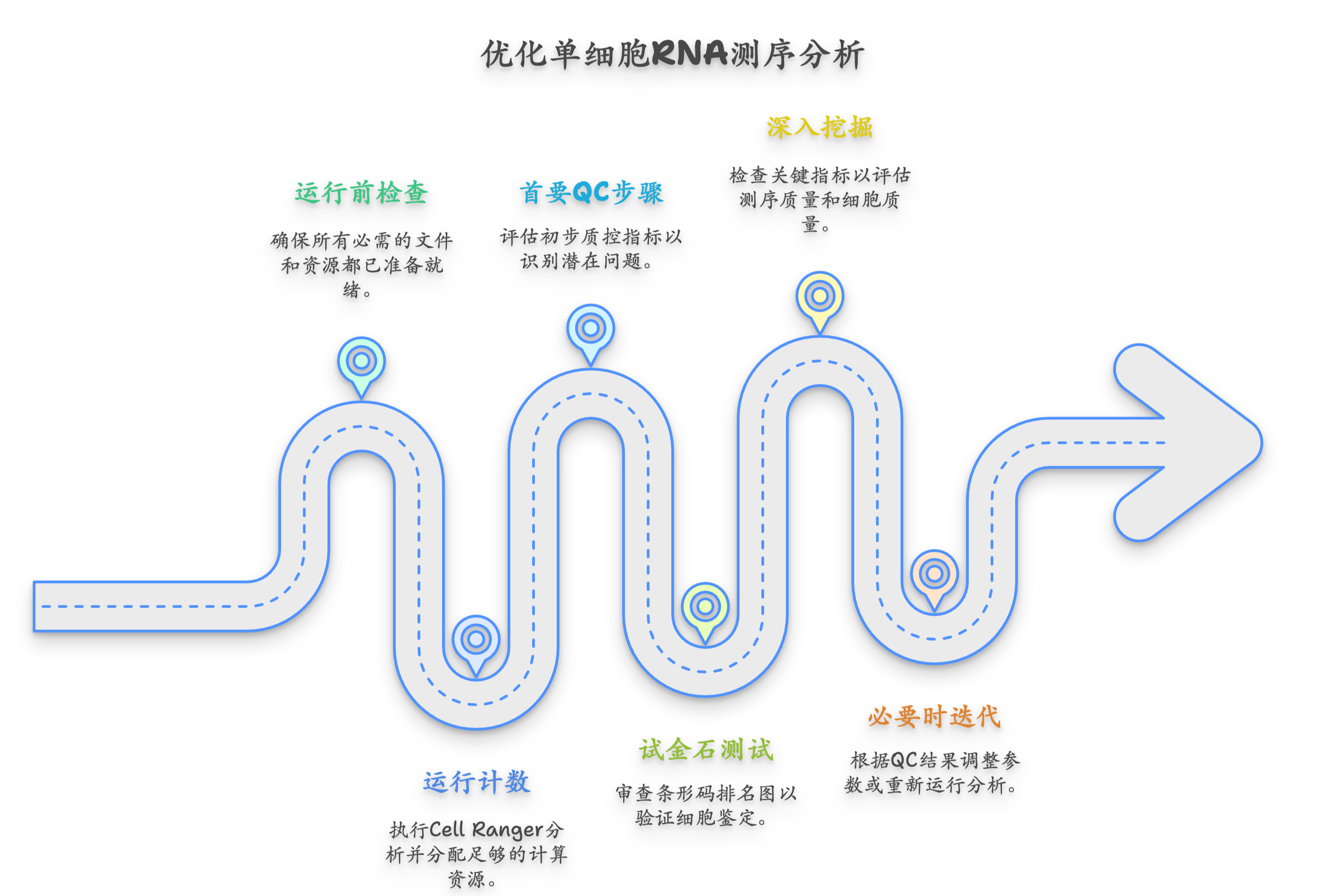
integrative omics processing platform facilitates translational research that supports individualized care. These platforms turn high-volume genomic data into practical, research-grade insights. By applying cutting-edge computational methods and reproducible pipelines, they accelerate translational outcomes.
Scalable Infrastructure for Genome-Scale Computation
Next-generation sequencing generates large data volumes that necessitate elastic computational platforms. Highly scalable servers provide the processing power needed for genome-scale analyses.
- Dynamic scaling of CPU, memory, and storage is a hallmark of modern bioinformatics servers.
- Additionally, parallel pipelines and distributed compute frameworks speed up complex workflows.
- Scalable bioinformatics servers are instrumental for a wide range of applications, including genome sequencing, variant calling, and phenotype prediction.
Simultaneously, cloud platforms have democratized access to powerful bioinformatics compute and storage.
Cloud-Based Bioinformatics: Accelerating Genomic Research at Scale
The sequencing data surge compels adoption of scalable, cloud-based infrastructures for analysis. Such clouds deliver instant access to compute clusters, object storage, and curated bioinformatics toolchains.

Distributed Compute for In-Depth Bioinformatics Investigations
Bioinformatics increasingly demands extensive computational resources to analyze complex biological datasets. Relying solely on in-house hardware can limit flexibility and slow time-to-result for large studies.
With on-demand cloud resources, researchers can perform large-scale variant discovery and population analyses.
On-demand scaling helps align costs with research needs and facilitates multi-institutional collaborations.
Cloud-First Bioinformatics: Specialized, Composable Solutions
As genomics and multi-omics expand, bespoke cloud infrastructures are being built to support domain workflows. They enable researchers to run validated workflows at scale, supporting drug discovery, diagnostics, and precision medicine.
This flexibility helps democratize bioinformatics capabilities, enabling broader participation from varied institutions.

On-Demand Compute to Streamline Genomic Workflows
Elastic compute enables parallel processing of samples and shortens overall project timelines. On-demand compute minimizes administrative burden while enabling prompt processing of heavy workloads.
Moreover, on-demand servers often arrive pre-configured with essential bioinformatics software stacks like alignment tools and statistical pipelines, streamlining the workflow. By removing installation overhead, teams can invest more time in analysis design and insight generation.
Bioinformatics as a Service: Democratizing High-Performance Analysis
Bioinformatics-as-a-Service is rapidly transforming biological research by providing researchers with instant access to sophisticated tools and datasets via the cloud. They empower teams to analyze complex datasets and uncover patterns relevant to biology and medicine.

- Cloud bioinformatics provides scalable infrastructures that adapt to dataset growth and analytic demand.
- Cloud services support collaborative projects with centralized data access and workflow sharing.
- Automated pipelines and AI models speed discovery of associations and functional annotations.
Tailored Medicine Realized via Bioinformatics Processing
The surge in individual-level molecular data fuels precision approaches that customize patient therapy. Servers run variant interpretation, risk modeling, and response prediction to inform patient-specific regimens. Rapid analytics enable personalized monitoring and adaptive treatment adjustments informed by data.
Computational Bioinformatics Reveals Hidden Biological Patterns
Algorithmic analysis decodes biological complexity across scales from molecules to systems. At-scale analysis exposes variant effects, interaction networks, and evolutionary trends otherwise missed.

Advanced compute ecosystems enable rigorous exploration of biological function, evolution, and disease.
Scalable, Dedicated Bioinformatics Systems for Next-Gen Research
Cutting-edge bioinformatics requires infrastructure designed for throughput, security, and scientific rigor. Leveraging distributed compute and cloud-native patterns, they enable rapid iteration of complex bioinformatics tasks.
- Cloud platforms provide elastic compute, pay-as-you-go storage, and flexible provisioning for variable workloads.
- Domain-specific tools evolve rapidly to meet niche analysis demands across genomics and proteomics.
Next-gen systems underpin innovation in therapeutics, diagnostics, and bio-based industries through scalable compute.
A Feature-Rich Bioinformatics Suite for Research Labs
Comprehensive platforms combine curated pipelines with interactive tools to support exploratory and production analyses. This modular platform includes sequence alignment, gene prediction, phylogenetic analysis, and structural modeling capabilities driven by state-of-the-art algorithms and databases. The platform’s web interface, tutorials, and workflow templates enable users of varying skill to run complex analyses reproducibly.
